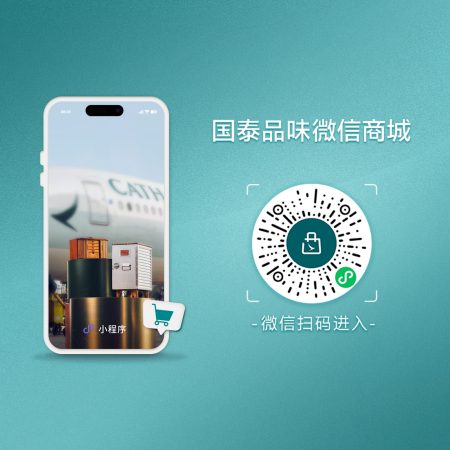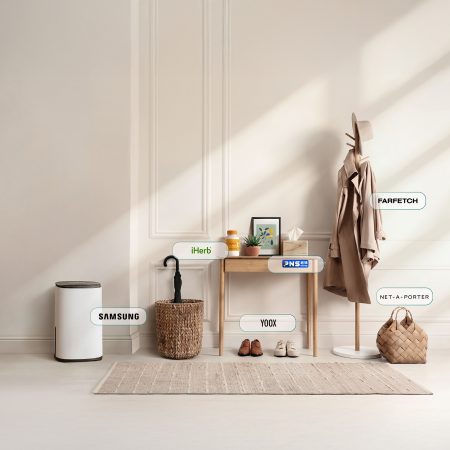Whether you’re planning a vacation to the Greater Bay Area or further afield in the Chinese Mainland, it’s important to set off prepared. If you’re looking to dive deeper into how to access healthcare after reading our China travel guide, you can find all the essential details below. Here’s everything you need to know about healthcare in the Chinese Mainland.
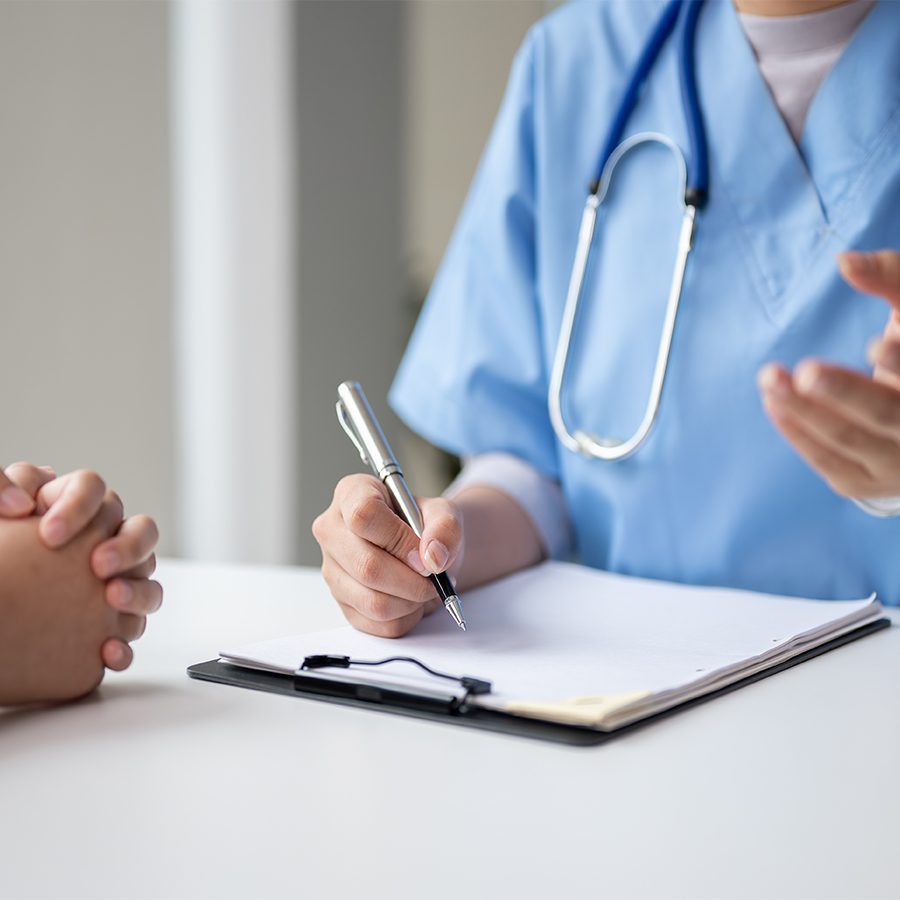
Credit: BongkarnThanyakij/Getty Images

Credit: Asia-Pacific Images Studio/Getty Images
What should I do if I need medical attention at a hospital?
If you have an emergency and determine that you need an ambulance, call the hotline: 120.
Otherwise, if you’re feeling unwell, consider what kind of hospital you want to go to. The Chinese Mainland has both public and private hospitals, the former of which are subsidised by the government, and also covered in part by public insurance if you’re a Chinese resident or locally employed. Due to higher patient volumes, they may also have longer wait times. Some major public hospitals have dedicated clinics for non-residents or VIP wards with improved facilities, greater privacy and English-speaking staff, though all of which adds up to being more expensive.
If you’d prefer to be seen by multilingual staff, international healthcare providers – which operate private hospitals with international accreditation – will be your best bet. These providers include United Family Healthcare , Oasis International Hospital and Raffles Medical , among others. For a more extensive list, the UK government has also compiled a list of hospitals throughout the Chinese Mainland that house English-speaking staff.
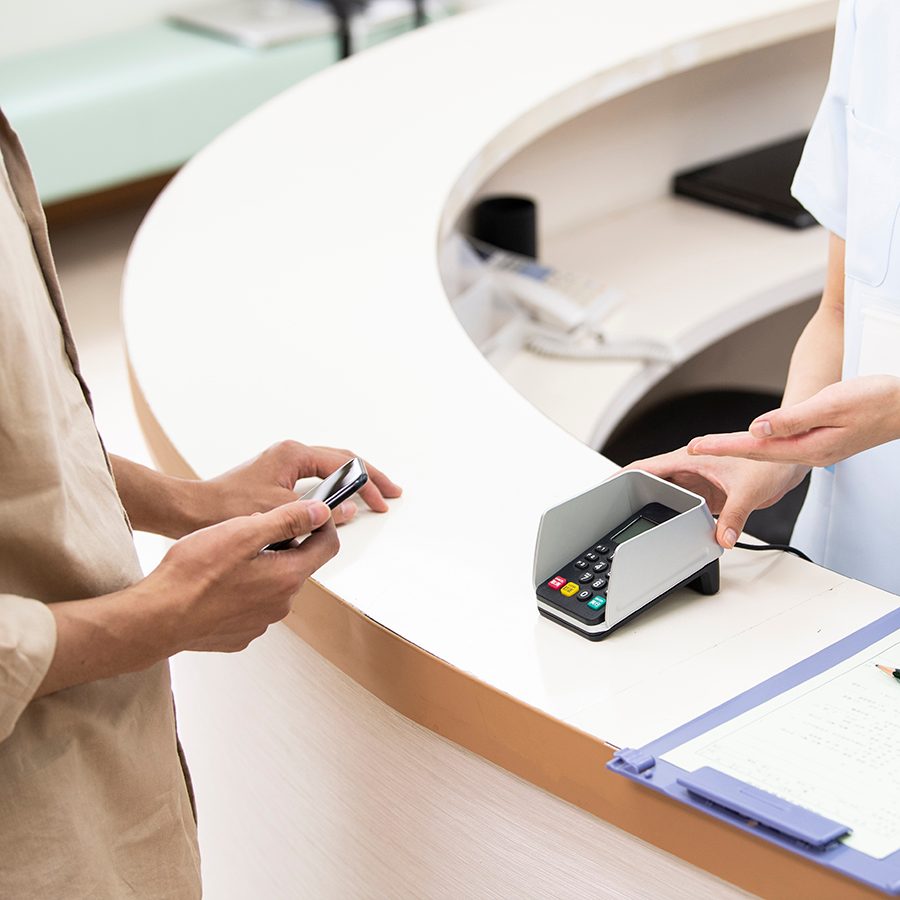
Credit: kokouu/Getty Images
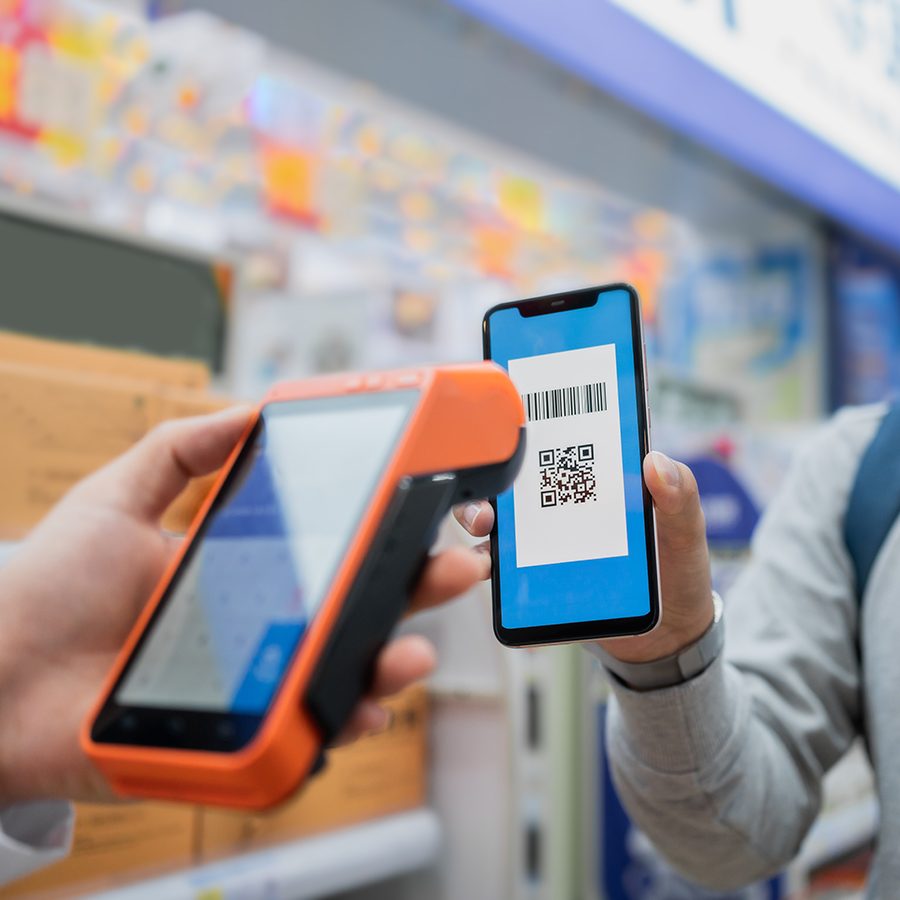
Credit: Jinli Guo/Getty Images
How do I pay for medical services at a hospital?
Chinese residents and those working in the Chinese Mainland have access to public health insurance provided by the government, which partially covers any incurred medical expenses at public hospitals. Public insurance is divided into three categories: basic cover for employees in urban areas, basic cover for residents in urban areas and medical insurance for those living in rural areas.
The first is mandatory for workers, with both employees and employers contributing to the insurance policy. Self-employed individuals under the scheme contribute the whole amount, while those unemployed or on social assistance have their premiums subsidised by the state.
If you’re not a Chinese resident or don’t have access to state-covered insurance, it’s important to get your own medical coverage in the Chinese Mainland. However, note that public hospitals may not recognise all international or private insurance providers for direct billing. In these cases, you will have to pay upfront (so it’s wise to have cash on hand) before submitting a claim for reimbursement from your insurance company later, provided that the hospital you’re at is covered by your plan.
Meanwhile, some private hospitals, such as Oasis International Hospital – which lists a number of global insurance companies it’s partnered with on its website , including AIA and Cigna — will accept multiple methods of payment, including direct billing to your insurance provider.
Check your insurance policy to be sure what and where medical services are covered under your plan. Keep in mind that there may be separate costs for emergency ambulance services depending on the distance travelled and the nature of the service.

Credit: imtmphoto/Getty Images
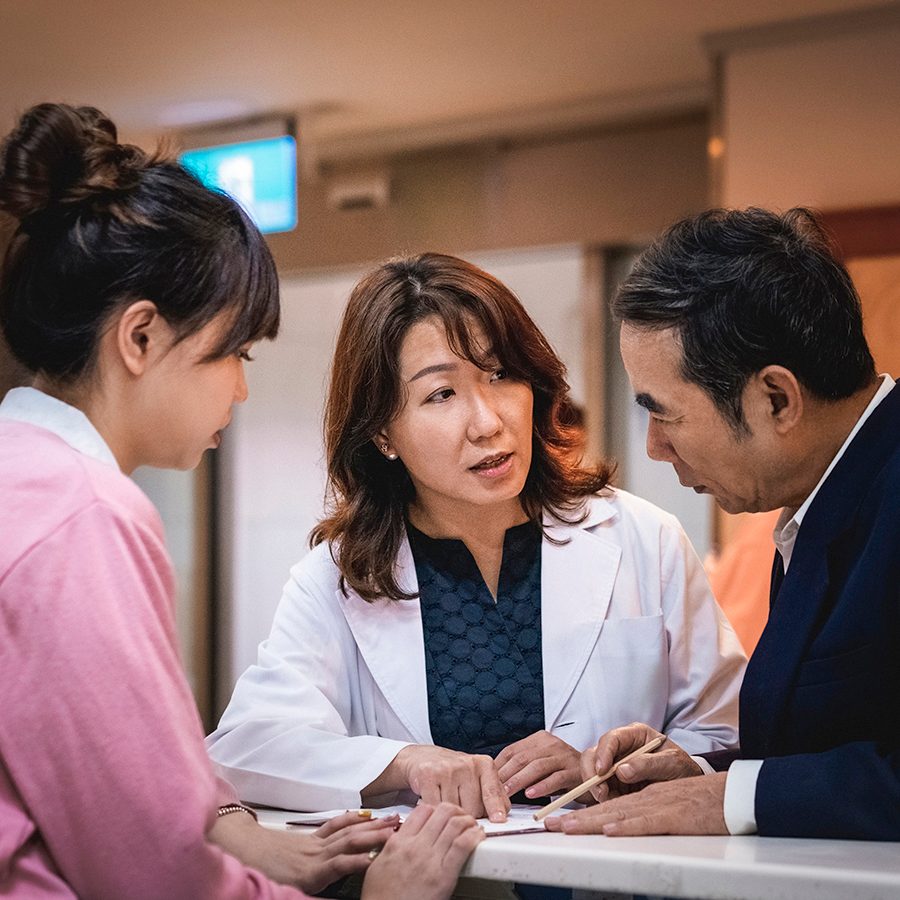
Credit: Portra/Getty Images
How can I book an appointment with a doctor or a specialist?
You can make bookings through your clinic or hospital’s website, WeChat, by telephone, or onsite. However, remote booking methods may not always be available in English. Some insurance providers also offer appointment booking services.
Many hospitals also accept walk-in appointments. Simply register at reception, pay for your upcoming consultation (it’s standard practice in the Chinese Mainland to first settle the payment before meeting with the doctor) and wait for your turn. Afterwards, if you’ve been given a prescription, pay for your medicine before collecting it at the onsite pharmacy. In case you need further testing, pay for any additional examinations before heading over to the relevant department for assessment. If you’ve received your test results already, you can simply consult your original doctor – no need to wait in line again. Otherwise, arrange to come back another day and register again.

Credit: Wengen Ling/Getty Images
Where can I get medicine?
In most cases, you’ll be picking up your prescribed medication at the pharmacy inside your hospital. For over-the-counter medication, there are qualified pharmacies and chain or retail drugstores with licensed pharmacists onsite throughout the country – some larger pharmacies even operate 24/7.
Online drugstores such as JD Health and Alibaba Health Pharmacy have also become popular due to their convenience and quick delivery times. Meanwhile, shopping platforms like Taobao and established pharmacies now also allow you to order common treatments online or via mobile apps.
More inspiration
- China – the Chinese Mainland, Hong Kong SAR, Macao SAR and Taiwan Region
- Hong Kong SAR - English
- Chinese Mainland (China) - English
- Taiwan, China - English
- 香港特別行政區 - 繁體中文
- 中国內地 - 简体中文
- 中國台灣 - 繁體中文
- Africa
- South Africa - English
- Asia
- Bangladesh - English
- Korea - English
- Singapore - English
- Cambodia - English
- 한국 - 한국어
- Sri Lanka - English
- India - English
- Malaysia - English
- Thailand - English
- Indonesia - English
- Maldives - English
- ประเทศไทย - ภาษาไทย
- Indonesia - Bahasa Indonesia
- Myanmar - English
- Vietnam - English
- Japan - English
- Nepal - English
- Việt Nam - tiếng Việt
- 日本 - 日本語
- Philippines - English
- Australasia
- Australia - English
- New Zealand - English


